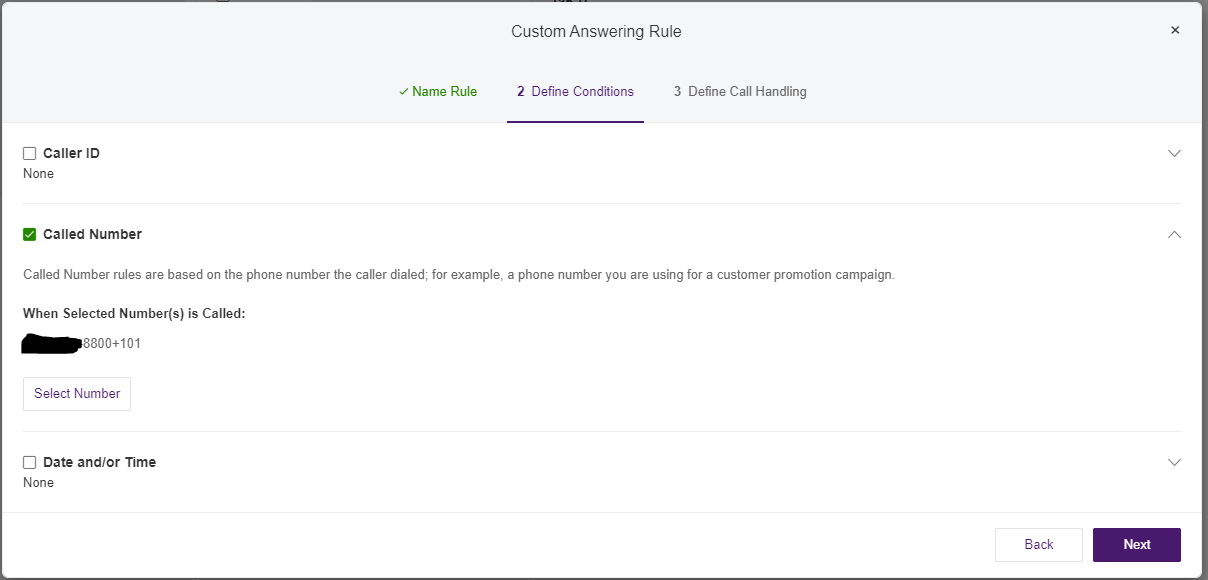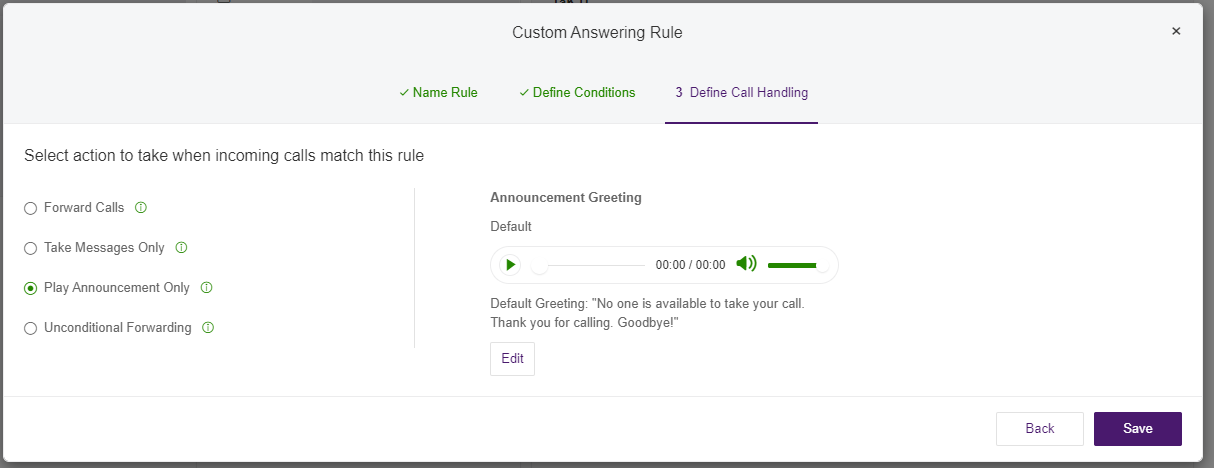We have a door lock that is linked to an extension with an Analog converter, so that calling the extension unlocks the door.
By upgrading this to a full User license, we are able to block external calls to the door lock's DID. However, there's a loophole because outside callers can get to an IVR menu and (if they knew the right extension) trigger the door lock.
Ideally, we want to block ALL calls from triggering the lock, except for a limited number of internal extensions. However, our testing of the "Block All Calls" setting found that internal extensions bypass this setting.
Has anyone found a resolution to this issue?




